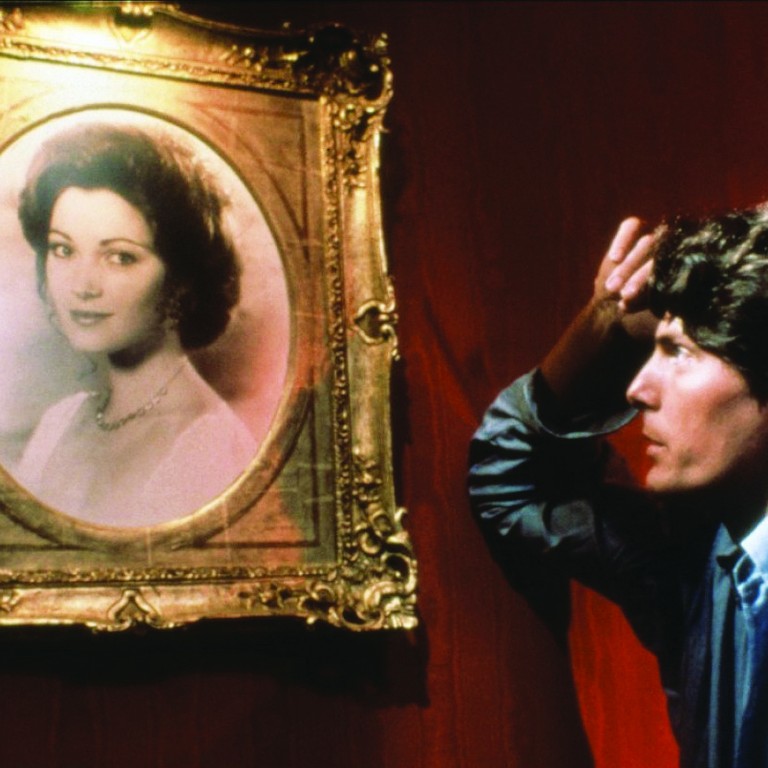
Macau's best-kept secrets: gangsters, home-made bombs and the city's surprising cinema history
Digging beneath Macau's façade of glitzy gaming centres and charming colonial streets will unearth a city with a compelling cinematic chronicle
Scratching beneath Macau’s façade of glitzy gaming centres and charming colonial streets is no simple task to the untrained eye, or for those who don’t speak or read Cantonese. But there is plenty worth digging around for, whether it is for the origin of Ian Fleming’s Bond villain Goldfinger, the interesting corpses in Macau’s cemeteries or the cinematic chronicles of the city.
Two years before the release of Warner Bros’ The Jazz Singer, a film often attributed as being the first “talkie”, in 1927, Teatro Cheng Peng celebrated being equipped to screen films with the Lillian Gish film The White Sister.
One of around 20 cinemas, Teatro Cheng Peng had opened 50 years earlier as the city's first venue for Cantonese opera, which made it perfectly suited to film with its stalls and circle seating. It became one of the main cinemas in Macau during the 1940’s and 1950’s. Cantonese opera developed rapidly in Hong Kong, Macau and Guangzhou after the second world war, as a result of an exodus from the mainland because of China’s pre-1949 civil war. This likely led to an upsurge in interest in Cantonese opera which eventually saw Teatro Cheng Peng staging Cantonese opera only in the 1960s. The theatre was given an art-deco makeover in the 1970s and started showing films again, this time mostly B movies, until it closed in August 1992.
Built by a prominent Qing dynasty merchant, Teatro Cheng Peng wasn’t razed (a fate which has befallen several other cinemas, although it was used as a car park). Macau property developer William Lam Kuan-vai acquired the theatre a few years ago and is looking to restore it to its former glory. Lam also acquired the Capitol Theatre on Rua de San Domingo. The Teatro Capitol (in Portuguese), which opened in 1931, closed in 1997 and while it is a mixed use market these days, the preserved exterior still stands out today thanks to its high arch.
a home-made bomb exploded in the men’s toilets on the right-hand side of the screen
The biggest and most popular cinema in Macau, Teatro Nam Van, soon after it opened, was in the historic central district near the picturesque Praia Grande. Opening in 1964 at a time when Teatro Cheng Peng had moved away from movies, its 60-foot wide screen and 1,600-seat auditorium was the biggest in Macau. A decade of success brought it to the attention of gangsters in the city and in March 1975, a week after the owner is said to have refused to bow to blackmail threats, a home-made bomb exploded in the men’s toilets on the right-hand side of the screen. Whether the owner re-thought his stance is unclear, but Teatro Nam Van continued to show Chinese and English films until it closed on New Year’s Day in 1995. It was later demolished to make way for a shopping mall.
Perhaps the most unusual cinema in Macau’s history is Teatro Victoria. It opened in January 1910 and was made of wood, but it is the screen placement that made it so different. It was hung in the centre of the auditorium and had seating in front of and behind the screen. Those in the cheaper seats behind the screen saw the images in reverse.
The Teatro Macau (one of four operating cinemas in Macau) opened as a 1,000-seat single screen in June 1982 with the Jane Seymour film Somewhere in Time. Seymour was there in person as a guest. Teatro Alegria opened in February 1952 with the documentary The Liberated China. The great art-deco building is still in use today.
